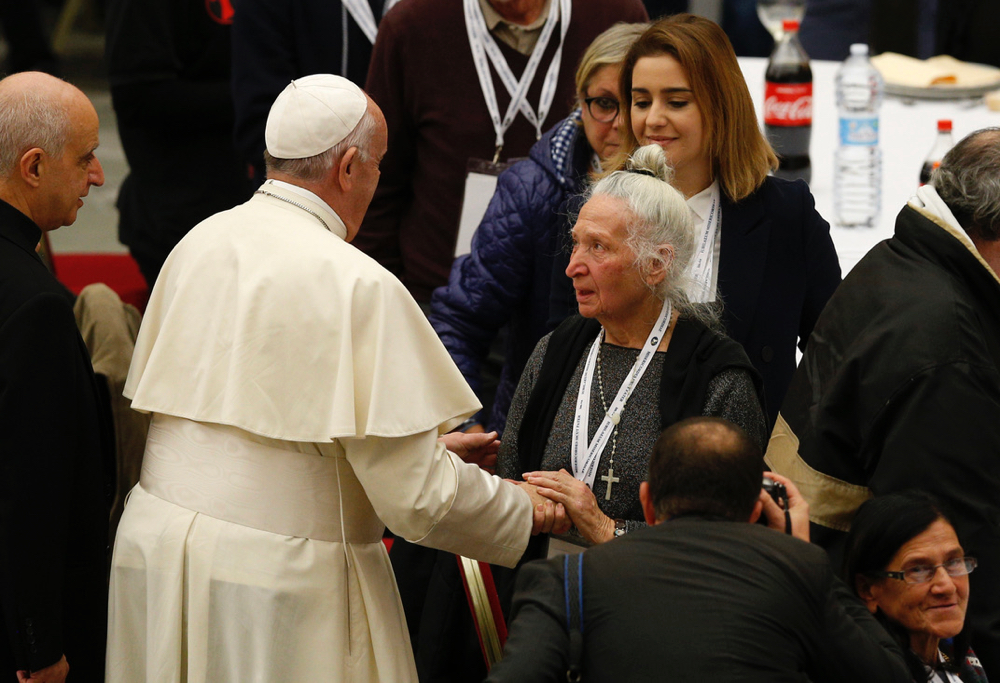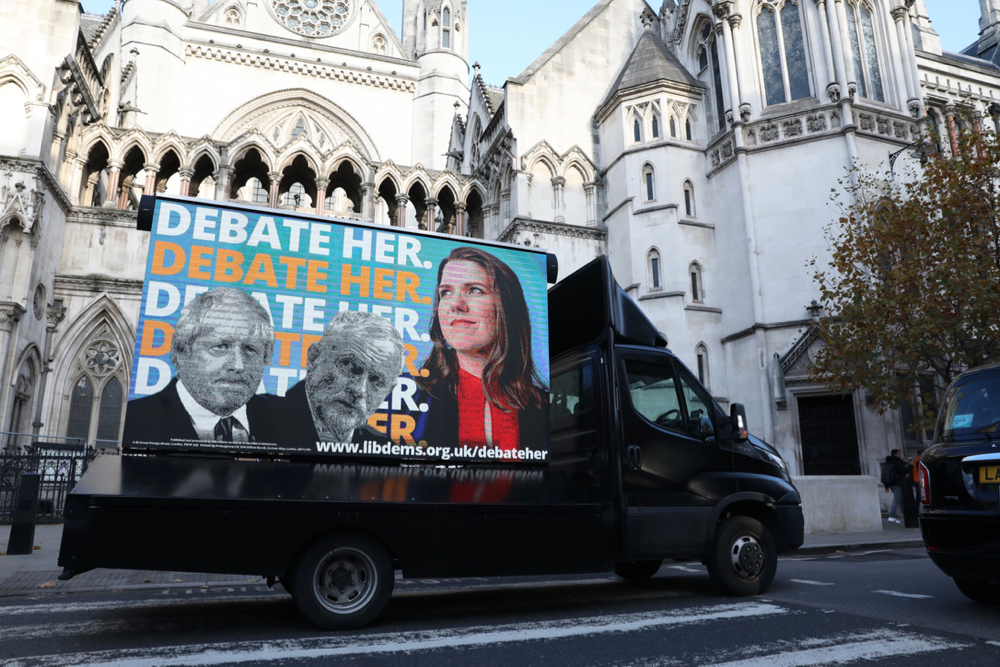Margaret Thatcher, it is said, dropped a copy of Friedrich von Hayek's most celebrated volume, The Road to Serfdom, on the Cabinet table shortly after her election in 1979, and declared: "This is what we believe." It was a defining moment in the history of Thatcherism, even though it was not strictly true. She didn't believe half of it. But its anti-collectivist thrust provided ideological justification for the privatisation of nationalised industries under her and subsequent Conservative Governments.
The State is inherently a threat to freedom, Hayek had argued. The larger the State, that is to say the more things it owned or ran, the great the threat. The freedom he was talking about was not just personal – freedom of belief, freedom to marry and so on – but economic freedom, freedom to own property, freedom to invent things, to invest, to make businesses grow by leadership and personal initiative. And of course freedom to compete for businesses against rivals, which was also a spur to efficiency and product development, and therefore to profit.
But the State still had a role. The Thatcherite economic reform took a leaf out of Adam Smith's treatise on the fundamentals of free market capitalism, The Wealth of Nations, by observing that competition, while providing many benefits to the public, was often regarded by entrepreneurs themselves as a hindrance. Or as Smith put it: "People of the same trade seldom meet together, even for merriment and diversion, but the conversation ends in a conspiracy against the public, or in some contrivance to raise prices." Hence anti-competitive practices like cartels (groups of corporations privately agreeing on price-fixing) or buying up rivals to create monopolies, had to be outlawed. So there was a need for regulatory bodies to intervene to preserve the purity of market forces and the cleansing effects of competition.
This is where Thatcherite privatisation ran into difficulties, even under its own theories. Certain industries like civil aviation, car manufacturing and grocery retailing were naturally competitive, provided their tendency, predicted by Adam Smith, to merge into ever bigger and hence ever fewer blocs, was curbed by State regulators. So there was no case for them to belong to the State, and indeed State ownership had often proved an obstacle to progress.
What of industries that were natural monopolies? There might be several shops prepared to sell you butter and bacon, several airlines willing to take you from London to New York, several four-door family-size saloons of similar style and efficiency on the market made by different international car makers. What about fresh water and sewage? How could those companies compete with one another, when every household had just one fresh water supply and one sewerage system, and it made no sense at all to duplicate such facilities? What about the national grid distributing electrical power all over the land? Do we really want a free for all, disfiguring the countryside? What about railways, where normally one train service goes to one destination, and offering the public a choice is difficult or impossible? Do we really want to build parallel rail routes, as in the nineteenth century?
So rather than reap the benefits in efficiency and better service to the public by fair competition between different businesses, these natural monopolies could only be privatised by what might be called synthetic competition. A State appointed regulator would try to decide what level of profit such a monopoly might have been expected to make had it been operating in a free market place, and then it would set fares, prices, charges and so on, to supply whatever level of service was deemed acceptable.
It was artificial, with just a touch of Through the Looking Glass about it. It wasn't really free market economics at all, as Smith and indeed Hayek had imagined it. And where the business in question was subsidised by the State, for instance in the case of the rail network, this strange hybrid setup quickly became a channel for passing money from the pockets of taxpayers to the pockets of shareholders.
It was wide open to what economists call regulatory capture. The regulators, Ofrail (officially ORR), Ofwat, Ofgem, whatever, inevitably became cosy with the businesses they were regulating, so the idea of a fair profit was more or less what the business itself thought was a fair profit. And indeed, what other measure could there be? In many cases, furthermore, the regulatory body was answerable to the government, so prices were virtually set, on industry advice, certainly, by government ministers. And so the competitive spur to efficiency, which privatisation was supposed to provide, was completely lacking. It was a State monopoly, a State cartel, run for the benefit of private shareholders. I don't imagine Friedrich von Hayek would recognise it. Part of the "road to serfdom", he would probably say.
And these are the very industries, the natural monopolies, that Labour is proposing to renationalise. We have still to ask how, when and why, and who pays, but we can clearly see where Labour is coming from. And whatever it is, it isn't Communism.



 Loading ...
Loading ...
What do you think?
You can post as a subscriber user ...
User comments (0)